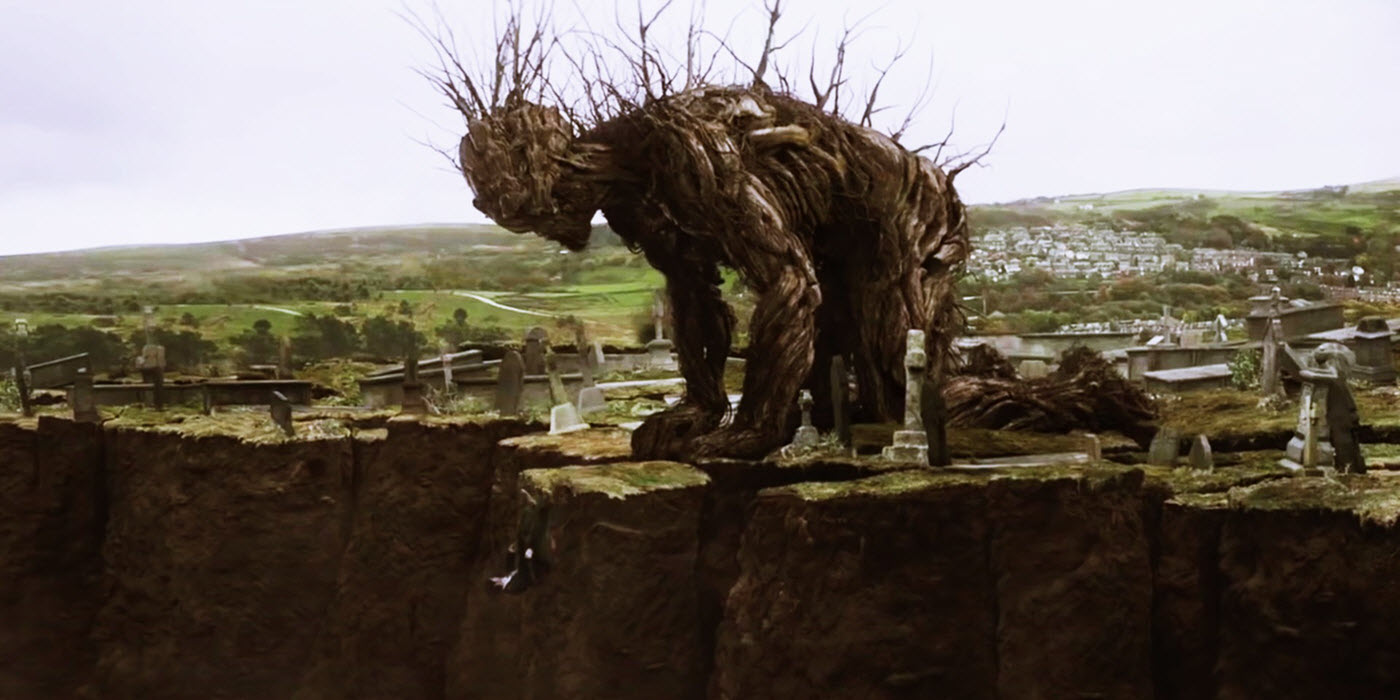A Monster Calls, adapted from the novel by Patrick Ness and based on an original idea from Siobhan Dowd, tells the story of Conor (Lewis MacDougall), a young boy who is struggling to deal with bullies, his over bearing Grandmother, and his mother’s declining health. One night Conor is visited by monster who promises to tell him three stories, after which Conor must confide in the monster his ‘truth’.
‘In the stories which the monster tells him, Conor escapes to a world of vibrant watercolours. These sequences are beautifully animated in an unashamedly stylistic manner’
It is rare to find a film which deals with death and childhood effectively without resorting to My Sister’s Keeper’s levels of emotional manipulation. A Monster Calls chooses to focus on Conor’s experience of his mother’s illness, rather than dwelling on her struggle with cancer. Director J.A. Bayona draws inspiration from the fairy-tale narratives of Guillermo del Toro, in films such as Pans Labyrinth, as lens through which to filter the harsh realities with which Conor is faced. In the stories which the monster tells him, Conor escapes to a world of vibrant watercolours. These sequences are beautifully animated in an unashamedly stylistic manner. As is often the case with fairy tales they illustrate to Conor the injustices and muddy morality of the world around him.
‘It is film about the imaginative power of childhood which also addresses illness and death’
The film boasts an exceptional performance from its young star Lewis MacDougall but also features a layered and complex turn from Sigourney Weaver as Conor’s grim-faced Grandmother. It is the booming voice of Liam Neeson which opens the film, and his narration as the monster brings the animated sections to life.
A Monster Calls has failed to make much of an impression in the box office, due, in part, to uncertainty of how to categorise it. It is a film about the imaginative power of childhood which also addresses illness and death, something which parents may feel nervous about viewing with younger children. It is very sad that the film hasn’t reached wider audiences as it is an emotionally and visually unique take on the nature of grief.
Xa Rodger
(Image courtesy of Focus Features)

